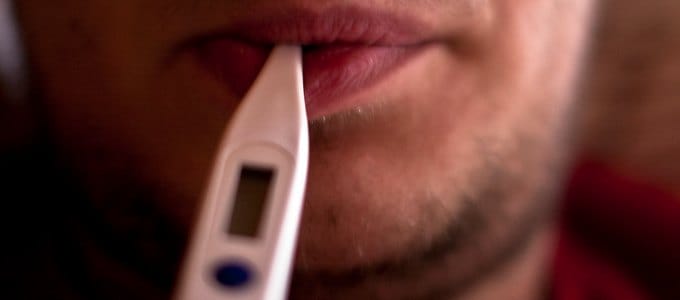Benefits
Who pays for employer mandated COVID-19 tests?
By Jon Hyman
Aug. 5, 2020
The inevitable has happened. One of your employees has tested positive for COVID-19.

You do what you’re supposed to do. You clean and sanitize your workplace.
You communicate with your other employees to let them know that you’ve had someone test positive. You reinforce all of your coronavirus safety rules, protocols and procedures. And you require the COVID-positive employee to isolate and not return to work per CDC guidelines.
Those guidelines recommend that a positive employee not return to work for either of: 1) being three days fever-free, respiratory symptoms have improved, and it’s been at least 10 days since symptoms first appeared; or 2) the receipt of two negative tests at least 24 hours apart. You opt for the latter, believing that negative tests will provide you and your employees better confidence that COVID-19 will not reenter your workplace when that employee returns.
Who pays for these coronavirus tests?
We have several of federal statutes, old and new, that guide the answer.
As to the cost of the testing itself, we look to the Families First Coronavirus Response Act (FFCRA), the Coronavirus Aid, Relief, and Economic Security (CARES) Act, and the Americans with Disabilities Act (ADA).
Both the FFCRA and the CARES Act contain requirements that group and individual health insurance plans cover COVID-19 diagnostic testing without cost-sharing, co-pays, or deductibles. This requirement not only includes the cost of the test itself, but also the cost of any related office, urgent care, emergency room, or telehealth visits.
Second, if for some reason an employee is not covered by applicable health insurance, EEOC guidance strongly suggests that the ADA requires employers to cover the costs of COVID-19 testing. The EEOC’s Enforcement Guidance on Disability-Related Inquiries and Medical Examinations of Employees Under the ADA provides that an employer must pay for all medical-exam related costs when an employer requires the examination because the employer reasonably believes the employee poses a “direct threat.” According to the EEOC, “COVID-19 poses a direct threat.” Therefore, the ADA would require an employer to cover the costs of diagnostic testing related to keeping that direct threat out of the workplace.
What about compensation for taking a COVID test? Is the time an employee spends taking a COVID-19 test (including the time spent traveling to and from the testing site) “working time” such that it must be compensated? The answer to this question is likely “yes.” While there is little guidance on this issue, we can look to a 1997 opinion letter by the Department of Labor’s Wage and Hour Division, which states, “[A]ttendance by an employee at a meeting during or outside of working hours for the purpose of submitting to a mandatory drug test imposed by the employer would constitute hours worked for FLSA purposes, as would attendance at a licensing physical examination during or outside of normal working hours.” If time spent submitting to a mandatory drug test or a physical or examination counts as “hours worked” for which an employer must compensate an employee, then it’s safe to assume that a required COVID-19 test falls into the same category.
Simple questions, complex answer. Bottom line, pay for the testing if the employee lacks health insurance to cover it, and pay the employee for the time spent related to the testing. It’s not only the law, but it’s also just the right thing to do.
Schedule, engage, and pay your staff in one system with Workforce.com.
